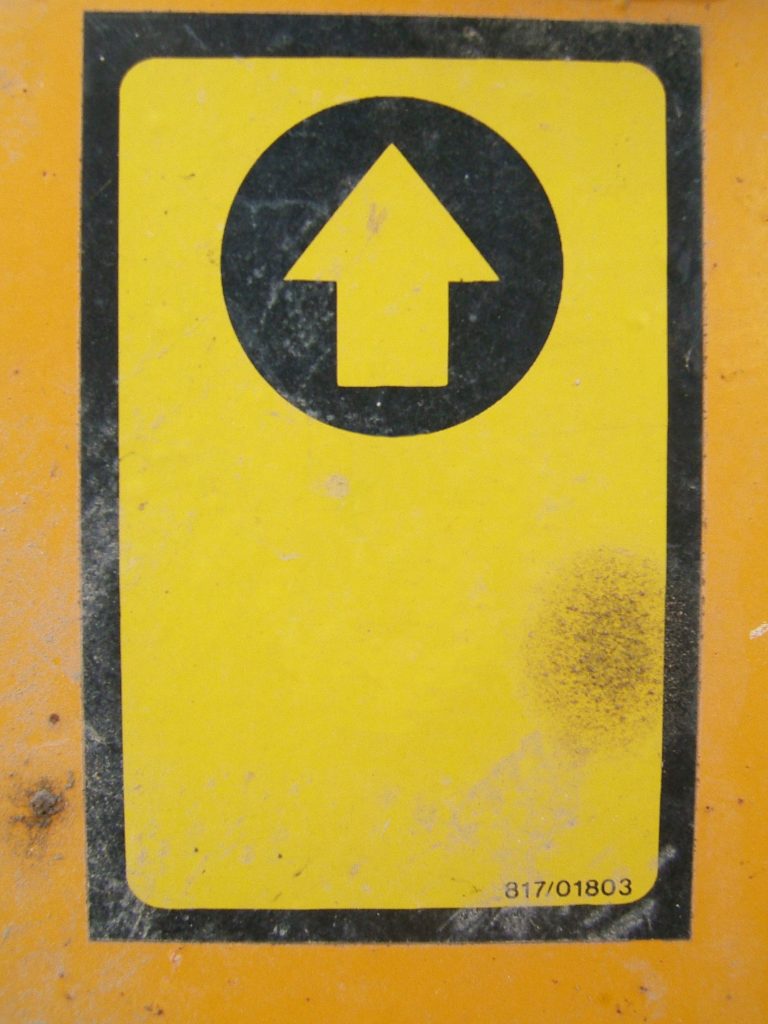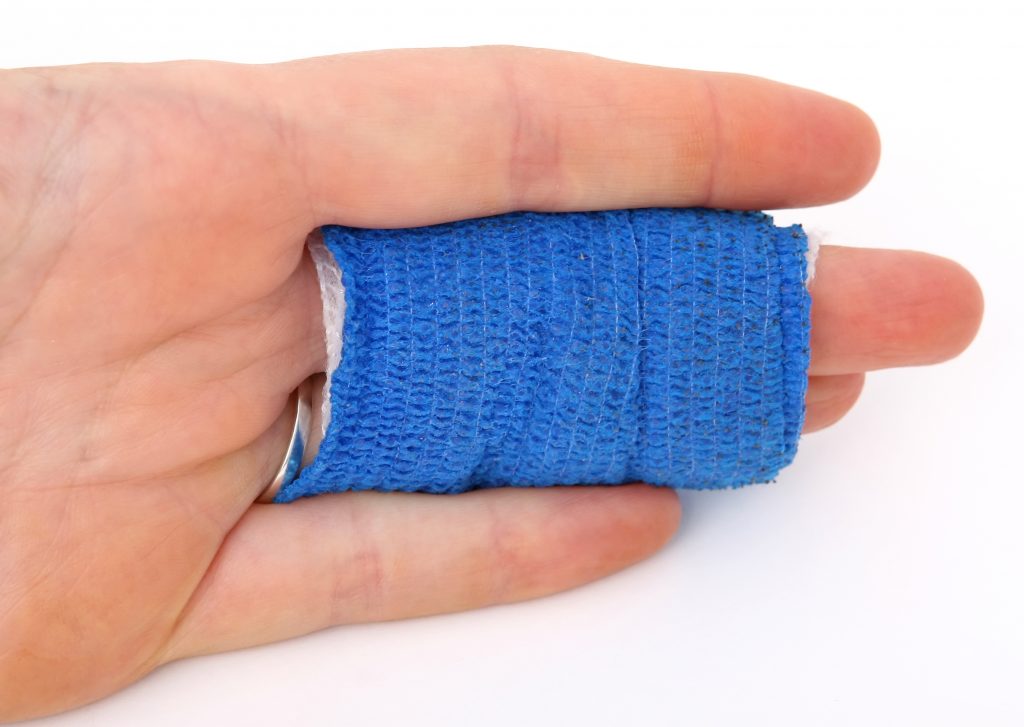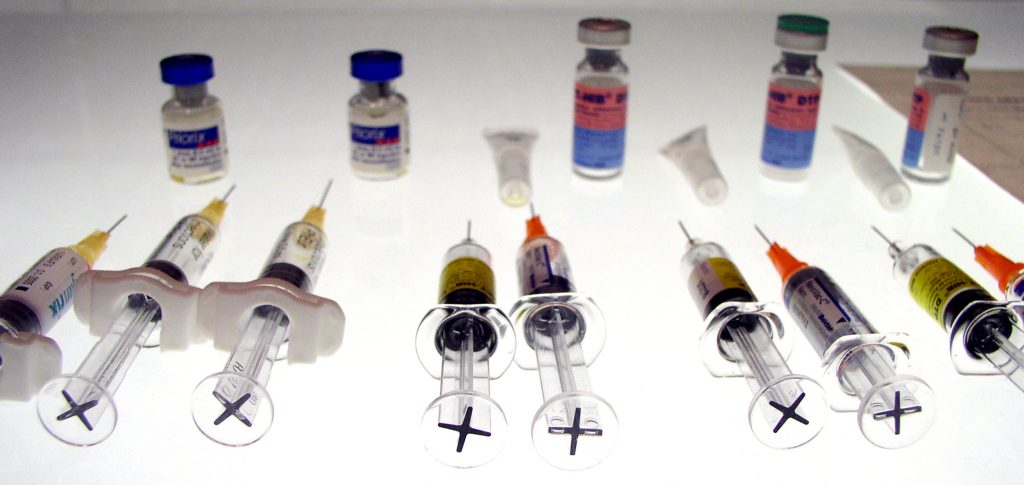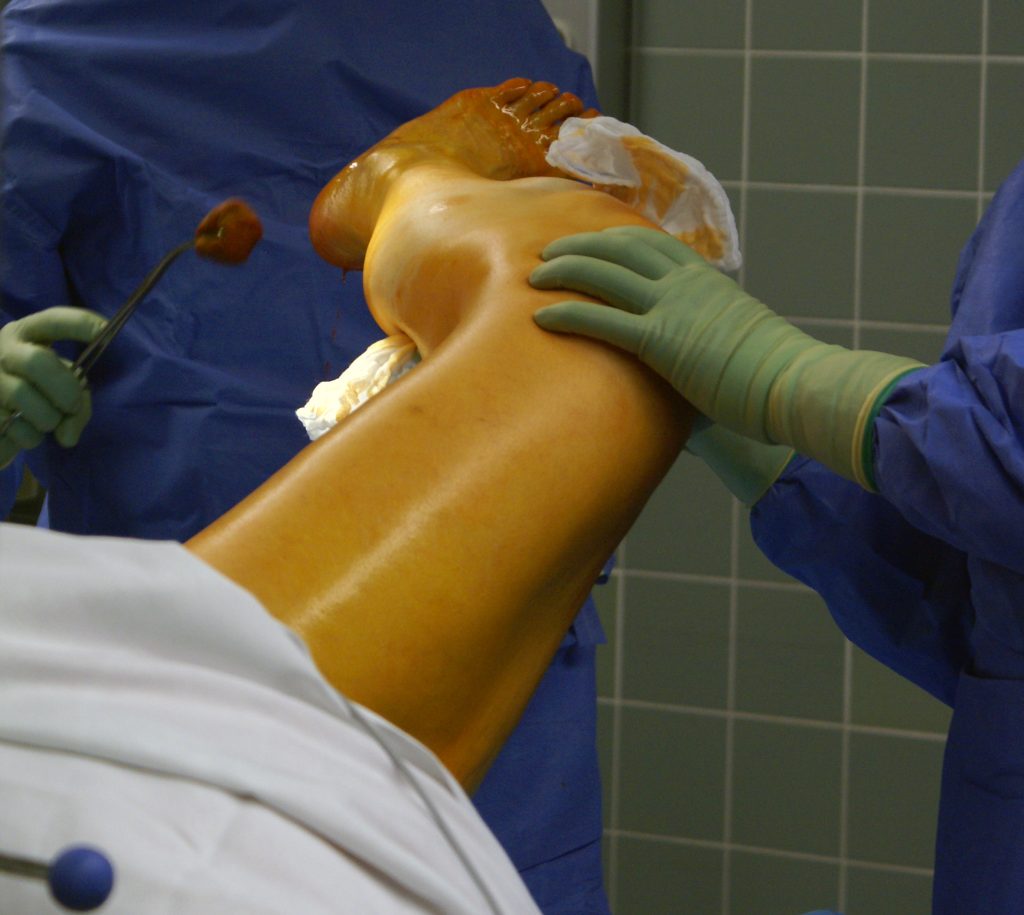 Even if a property is zoned for commercial purposes, a city may discretionarily deny a business from buying and developing that property if the city determines it is against the public interest. The city of Shreveport, Louisiana was challenged when they denied a Dollar General’s site plan to develop a commercially zoned, “use by right” 1.13-acre lot. While Dollar General’s developer, GBT Realty Corporation, petitioned the trial and appellate courts for damages resulting from loss of a business opportunity, the courts ruled that the city was immune from tort liability when a city exercises its discretion in the use of its commercially zoned properties.
Even if a property is zoned for commercial purposes, a city may discretionarily deny a business from buying and developing that property if the city determines it is against the public interest. The city of Shreveport, Louisiana was challenged when they denied a Dollar General’s site plan to develop a commercially zoned, “use by right” 1.13-acre lot. While Dollar General’s developer, GBT Realty Corporation, petitioned the trial and appellate courts for damages resulting from loss of a business opportunity, the courts ruled that the city was immune from tort liability when a city exercises its discretion in the use of its commercially zoned properties.
In May 2012, GBT appeared before the Shreveport Metropolitan Planning Commission (MPC) at a public hearing to develop a Dollar General store. The MPC expressed concerns relating to the proximity of a Family Dollar store across the street from the proposed Dollar General site as well as concerns about the appearance and landscaping of the proposed Dollar General store. A month later, GBT presented an updated plan with changes made to the store’s landscaping and facade at an MPC public hearing. Nonetheless, amid concerns by the public as well as the MPC, the board unanimously vetoed Dollar General’s plan citing that the plan did not comply with proposed zoning changes for the city’s “2020 Master Plan” and that the site in question was too small to accommodate Dollar General’s store plan. In response, GBT filed an action before the First Judicial District Court to approve the first site plan. The District Court approved the plan and reversed the MPC’S decision. In April 2013, GBT filed a lawsuit against the MPC and city of Shreveport alleging a tort claim for loss of business opportunity due to the delay in approval has caused the plan to fall apart.
The trial court concluded that the city was protected from liability from exercising its discretion in disapproving the site plan. Louisiana statute protects public bodies, including cities and its officers, when they perform discretionary acts that are within the scope of their governmental responsibilities. La. R.S. 9:2798.1. The trial court recognized that the city exercised its discretion in denying the Dollar General site plan based on issues of impact to the nearby property, traffic, and other public safety concerns. The trial court also concluded that the plan fell apart because of disagreements between GBT and Dollar General rather than falling apart due to the delay caused by the MPC denial and the district court’s approval. Accordingly, the trial court ruled in favor of the city of Shreveport.
 Louisiana Personal Injury Lawyer Blog
Louisiana Personal Injury Lawyer Blog


 When a driver is rear-ended, there is generally a presumption the rear driver is negligent. This is based on the principle that the following driver must maintain a prudent distance from the vehicle in front of them and concentrate on their speed as well as the traffic and general condition of the roadway.
When a driver is rear-ended, there is generally a presumption the rear driver is negligent. This is based on the principle that the following driver must maintain a prudent distance from the vehicle in front of them and concentrate on their speed as well as the traffic and general condition of the roadway.  Generally, a driver who is insured for a vehicle they own will remain insured if they use a vehicle they don’t normally use. To limit this, insurance policies commonly contain a regular use exclusion, which will exclude an insurance company from liability when the insured driver uses another vehicle they don’t own, but use regularly. In a recent case, the Louisiana Second Circuit Court of Appeal had to determine whether the exclusion in the defendant’s insurance policy applied to a truck the defendant drove as part of his work.
Generally, a driver who is insured for a vehicle they own will remain insured if they use a vehicle they don’t normally use. To limit this, insurance policies commonly contain a regular use exclusion, which will exclude an insurance company from liability when the insured driver uses another vehicle they don’t own, but use regularly. In a recent case, the Louisiana Second Circuit Court of Appeal had to determine whether the exclusion in the defendant’s insurance policy applied to a truck the defendant drove as part of his work. Workers’ compensation is a form of insurance run by the state government which pays wage replacement and medical benefits to employees injured on the job.
Workers’ compensation is a form of insurance run by the state government which pays wage replacement and medical benefits to employees injured on the job.  Companies that do business in multiple states must consider that individual states have their own laws, which must be followed if a company plans to do business in that state. It can never hurt to do your due diligence before you begin operations and a good attorney can be a vital resource. Recently, a Louisiana appellate court overturned the decision of a Worker’s Compensation Judge (WCJ) who ordered an out-of-state pharmacy to receive over $7,000 in reimbursement for providing prescription drugs to a worker’s compensation claimant over a seven-month period in 2010.
Companies that do business in multiple states must consider that individual states have their own laws, which must be followed if a company plans to do business in that state. It can never hurt to do your due diligence before you begin operations and a good attorney can be a vital resource. Recently, a Louisiana appellate court overturned the decision of a Worker’s Compensation Judge (WCJ) who ordered an out-of-state pharmacy to receive over $7,000 in reimbursement for providing prescription drugs to a worker’s compensation claimant over a seven-month period in 2010. Have you ever been involved in a slip and fall accident inside a store resulting from water being on the floor? Were you injured as a result? If so, who would you think was at fault? How would you receive just compensation? In a recent case, the Louisiana Second Circuit Court of Appeal discusses the necessary factors a plaintiff must prove in order to show that a merchant – such as a grocery store, clothing store, or even the owner of a food truck – was responsible for the injuries sustained resulting from a slip and fall accident.
Have you ever been involved in a slip and fall accident inside a store resulting from water being on the floor? Were you injured as a result? If so, who would you think was at fault? How would you receive just compensation? In a recent case, the Louisiana Second Circuit Court of Appeal discusses the necessary factors a plaintiff must prove in order to show that a merchant – such as a grocery store, clothing store, or even the owner of a food truck – was responsible for the injuries sustained resulting from a slip and fall accident. Legal issues can be separated into procedural and substantive categories. Although some may view procedural requirements as mere technicalities, they are essential to the efficient and fair operation of the legal system. Parties to a lawsuit must ensure that they meet all procedural requirements of a lawsuit, or else risk the lawsuit being decided against them. In a recent case, the defendant attempted to have the case dismissed based on an alleged procedural failure by the plaintiff. It demonstrates the importance of procedural requirements, as well as the complexities of some procedural issues.
Legal issues can be separated into procedural and substantive categories. Although some may view procedural requirements as mere technicalities, they are essential to the efficient and fair operation of the legal system. Parties to a lawsuit must ensure that they meet all procedural requirements of a lawsuit, or else risk the lawsuit being decided against them. In a recent case, the defendant attempted to have the case dismissed based on an alleged procedural failure by the plaintiff. It demonstrates the importance of procedural requirements, as well as the complexities of some procedural issues.
 Imagine that your mother, a friend, or someone else you love dearly suffers from numerous health problems. In a terrible twist of fate, your loved one falls, worsening their current condition and making life more painful and difficult than it already is. To top it all off, what would already be considered a trying process is exacerbated because you feel like the doctors who are caring for your loved one aren’t listening to your input or concerns. After many visits to the emergency room and overnight hospital stays, your loved one passes away. Despite the health conditions before the fall, you feel like something wrong occurred during your loved one’s treatment and someone should be held responsible. This was exactly the scenario for the loved ones of Ms. Mary LeBoeuf. Five individuals, including her son and long-time partner, filed a lawsuit against her doctor, the hospital, and the orthopedic clinic on her behalf.
Imagine that your mother, a friend, or someone else you love dearly suffers from numerous health problems. In a terrible twist of fate, your loved one falls, worsening their current condition and making life more painful and difficult than it already is. To top it all off, what would already be considered a trying process is exacerbated because you feel like the doctors who are caring for your loved one aren’t listening to your input or concerns. After many visits to the emergency room and overnight hospital stays, your loved one passes away. Despite the health conditions before the fall, you feel like something wrong occurred during your loved one’s treatment and someone should be held responsible. This was exactly the scenario for the loved ones of Ms. Mary LeBoeuf. Five individuals, including her son and long-time partner, filed a lawsuit against her doctor, the hospital, and the orthopedic clinic on her behalf. Imagine going for a horseback ride to clear your head and take a time-out from the hectic everyday happenings of life. Now imagine that the relaxing ride comes abruptly to an end when both you and the horse are involved in a collision with an automobile. A similar situation occurred on Hano Road in Tangipahoa Parish, Louisiana when Taresa Graves and her horse were hit by a car driven by Andre Freeman. Aside from the injuries suffered during the accident, the real headache began for Ms. Graves once the trial began out of a lawsuit she filed against both Mr. Freeman and Safeway Insurance of Louisiana, the company having previously insured the car that Mr. Freeman was driving.
Imagine going for a horseback ride to clear your head and take a time-out from the hectic everyday happenings of life. Now imagine that the relaxing ride comes abruptly to an end when both you and the horse are involved in a collision with an automobile. A similar situation occurred on Hano Road in Tangipahoa Parish, Louisiana when Taresa Graves and her horse were hit by a car driven by Andre Freeman. Aside from the injuries suffered during the accident, the real headache began for Ms. Graves once the trial began out of a lawsuit she filed against both Mr. Freeman and Safeway Insurance of Louisiana, the company having previously insured the car that Mr. Freeman was driving.